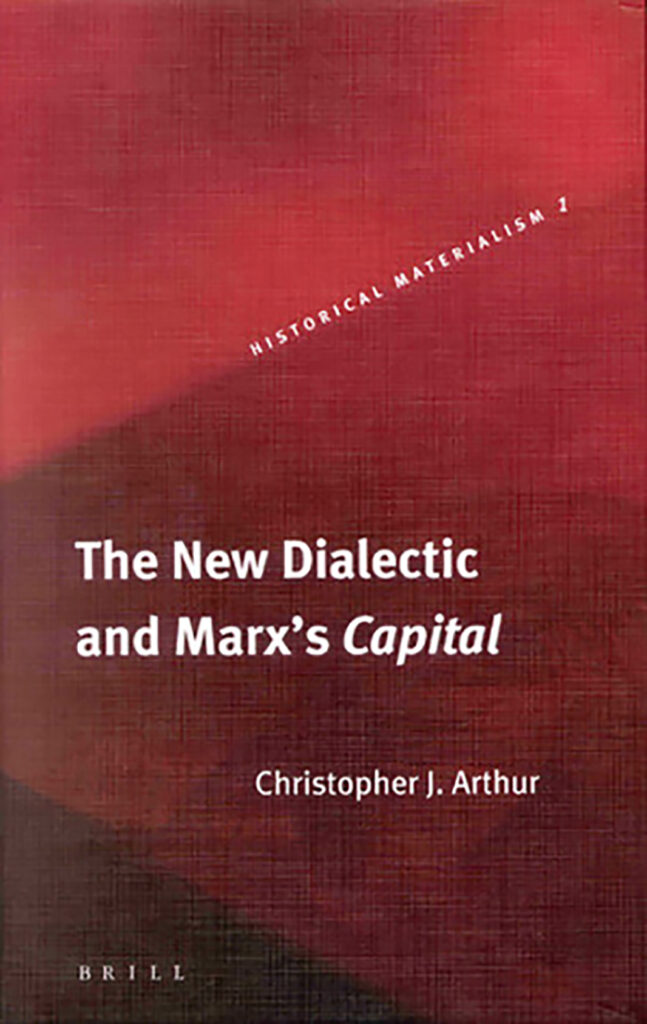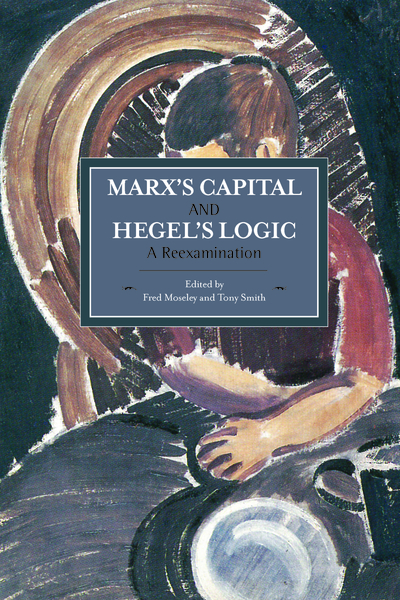Christopher J. Arthur
This book both argues for, and demonstrates, a new turn to dialectic. Marx’s Capital was clearly influenced by Hegel’s dialectical figures: here, case by case, the significance of these is clarified. More, it is argued that, instead of the dialectic of the rise and fall of social systems, what is needed is a method of articulating the dialectical relations characterising a given social whole. Marx learnt from Hegel the necessity for a systematic development, and integration, of categories; for example, the category of ‘value’ can be fully comprehended only in the context of the totality of capitalist relations. These studies thus shed new light on Marx’s great work, while going beyond it in many respects.
This publication has also been published in paperback, please click here for details
Biographical note
Christopher J. Arthur studied at the Universities of Nottingham and Oxford. For 25 years he taught Philosophy at the University of Sussex. He is a leading Marx scholar whose publications include Dialectics of Labour: Marx and his Relation to Hegel (Blackwell, 1986).
Readership
Students and specialists engaging with Marx, especially with his Capital; those interested in the recent revival of dialectical logic; as well as teachers of philosophy, social theory, and political economy.
Reviews
‘For those interested in Capital this is an important book to read. ..By focuing on the dialectic of capital, Arthur’s book is a real gift.
Robert Albritton, Labour/Le Travail 2004.
‘The dialectic is a complex subject..and in these essays Christopher J. Arthur often challenges our knowledge and actions, and makes us think anew.
Richard Daniels, Science & Society vol 68 (4).
Table of contents
Preface and Acknowledgements
1. Introduction: The New Turn to Dialectic
2. Dialectical Development versus Linear Logic
3. Labour, Value and Negativity
4. Systematic Dialectic
5. Marx’s Capital and Hegel’s Logic
6. Negation of the Negation in Marx’s Capital
7. The Ingfinity of Captal
8. The Spectre of Capital
9. Hegel’s Theory of the Value Form
10. A Clock without a Spring: Epitaph for the USSR
11. Whose reason? and Whose Revolution?
12. Conclusion
Bibliography
Index


